Product
4DESIGN 17 Race Ranger
-
Pou Auaha / Creative Directors
Will Grant, James Elvery
-
Ringatoi Matua / Design Director
Will Grant
-
Ngā Kaimahi / Team Members
Jarn Bulling, Will Grant, Ben French -
Kaitautoko / Contributors
James Elvery, IRL -
Client
Precision Triathlon Systems
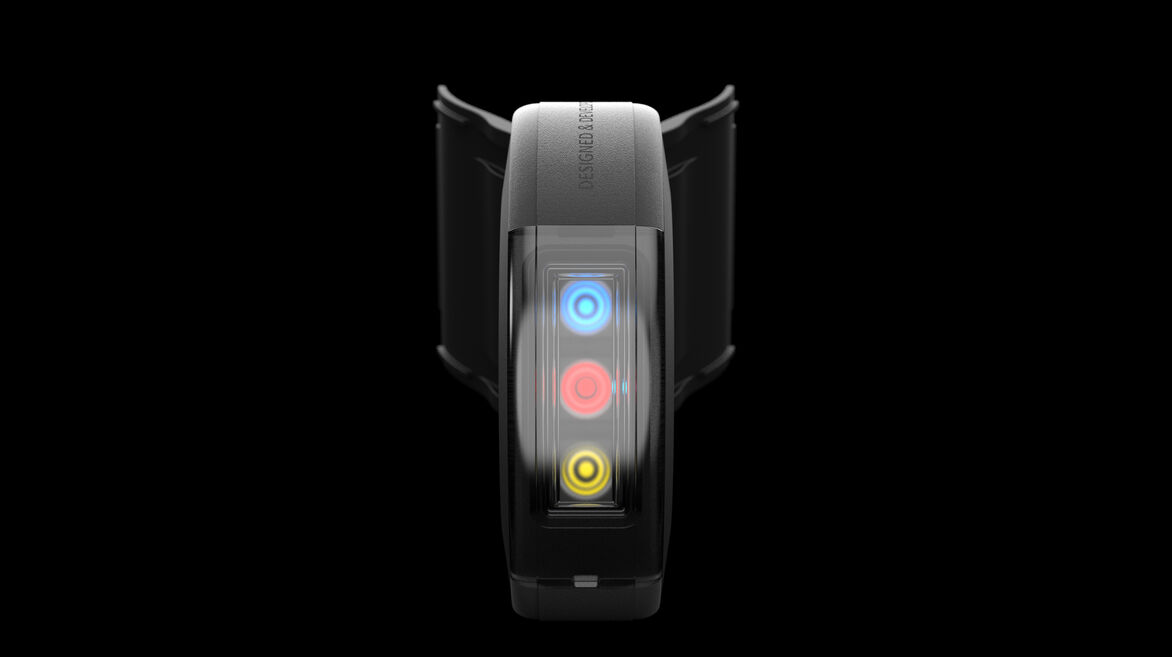
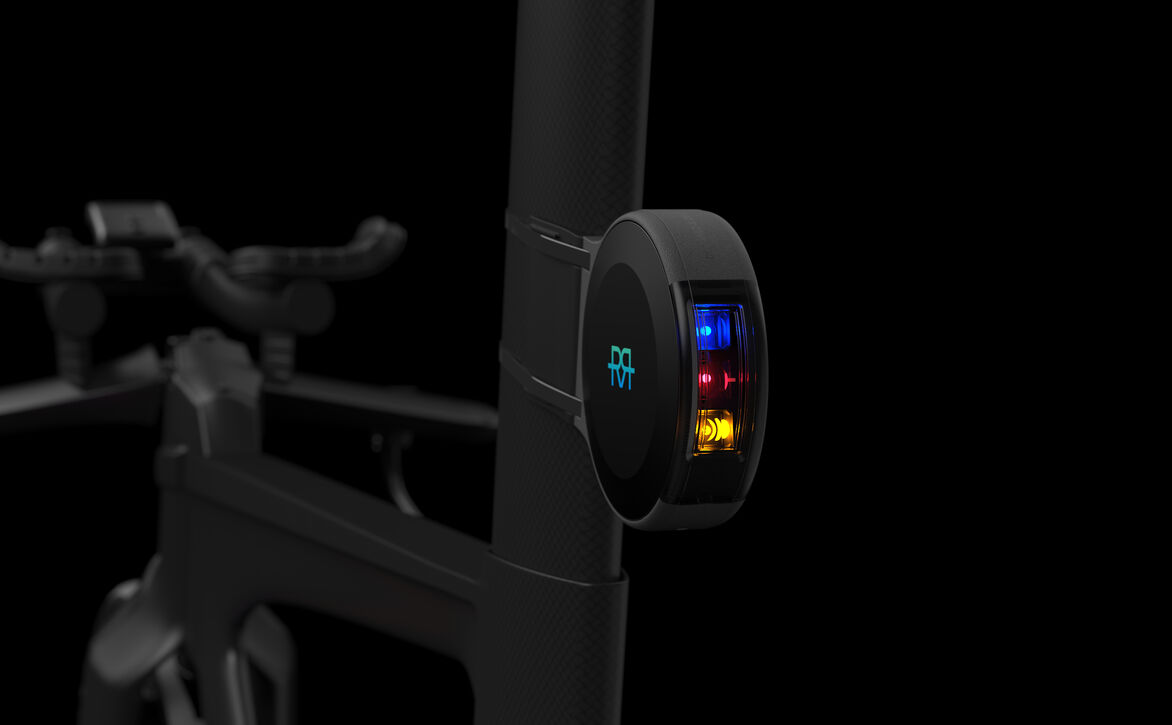
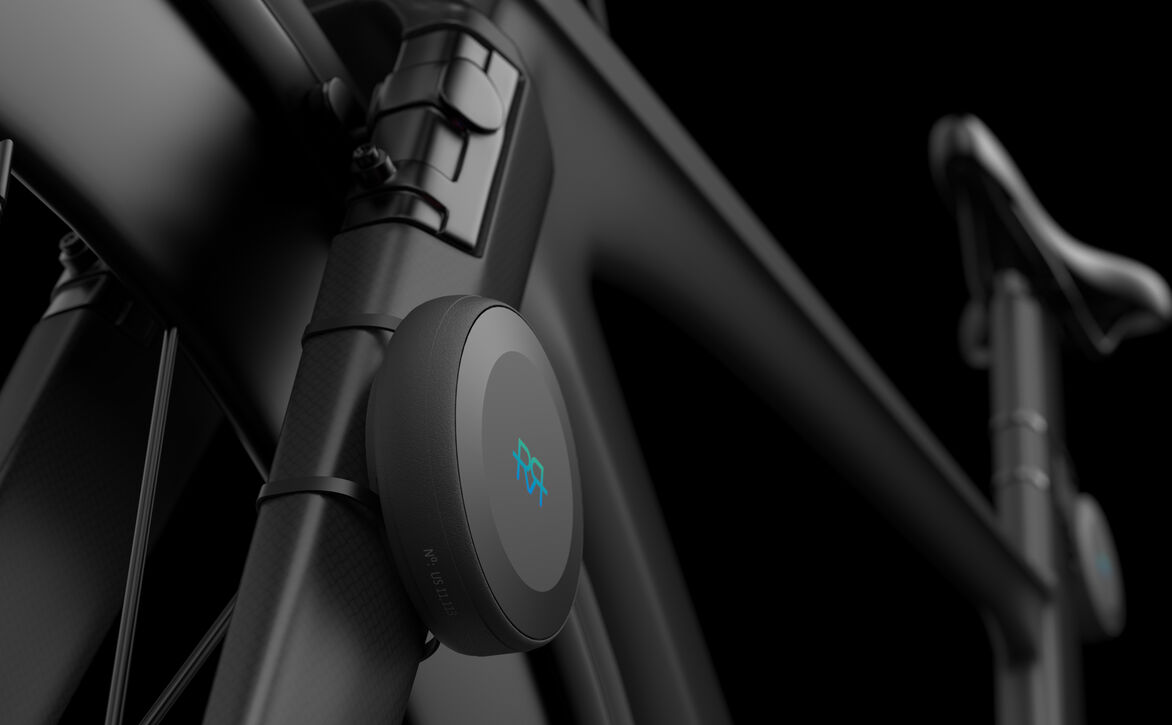
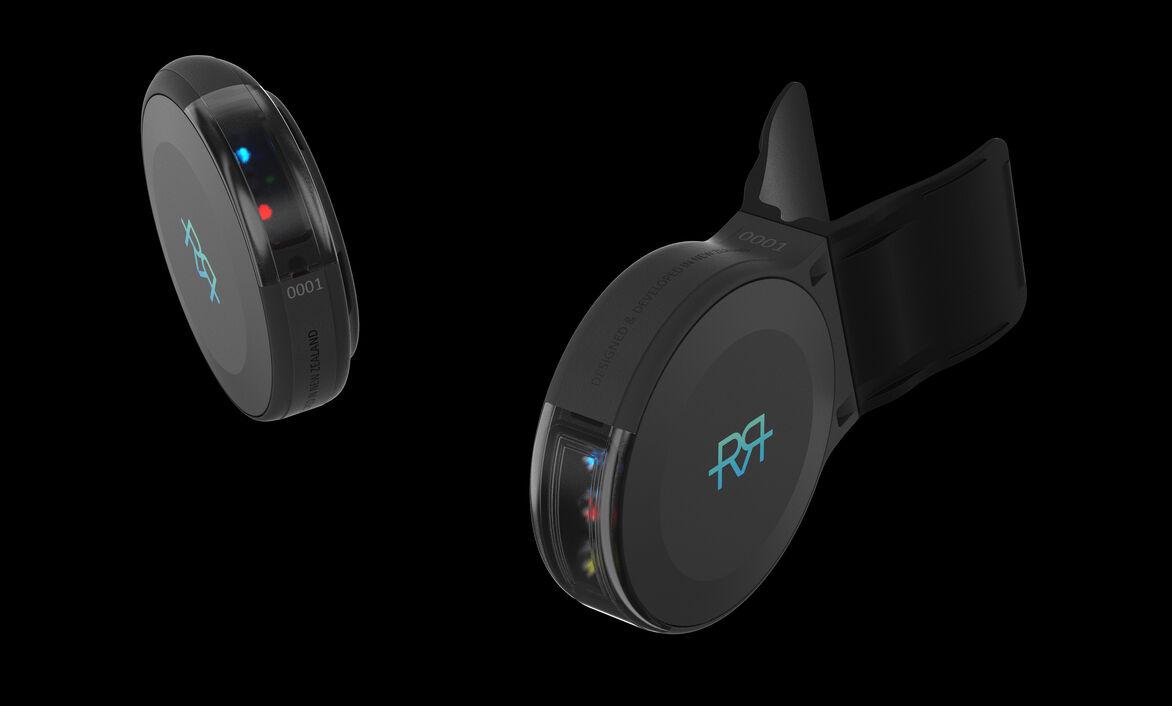
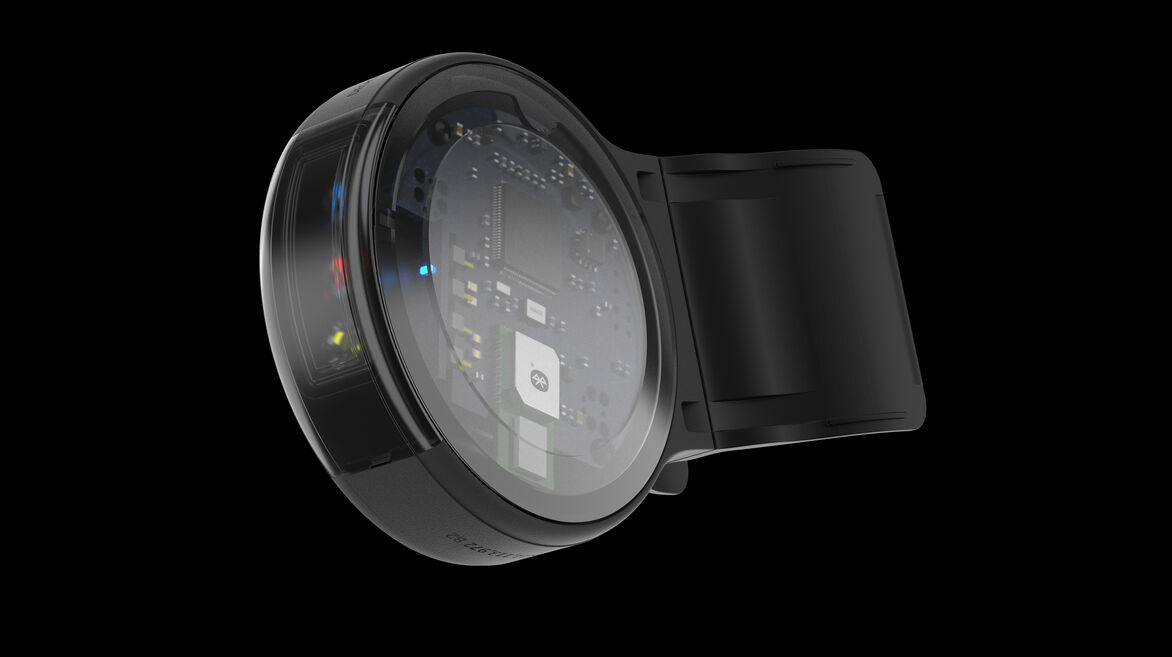
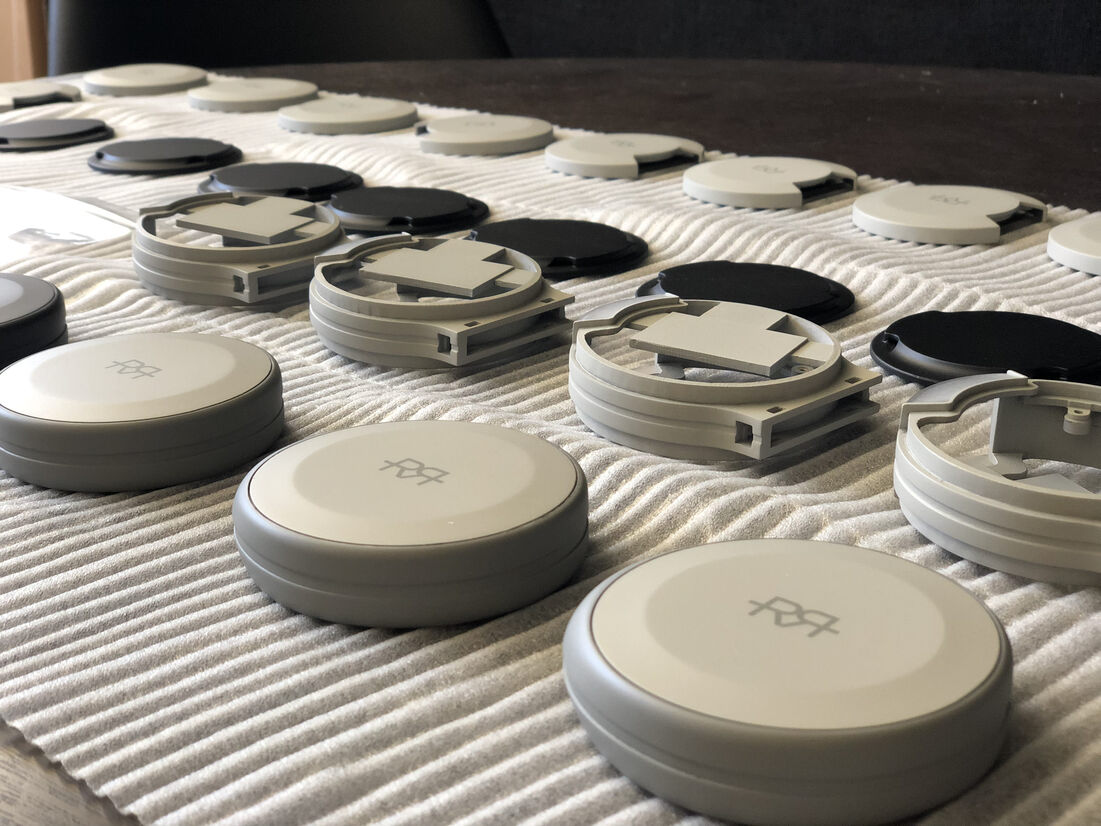
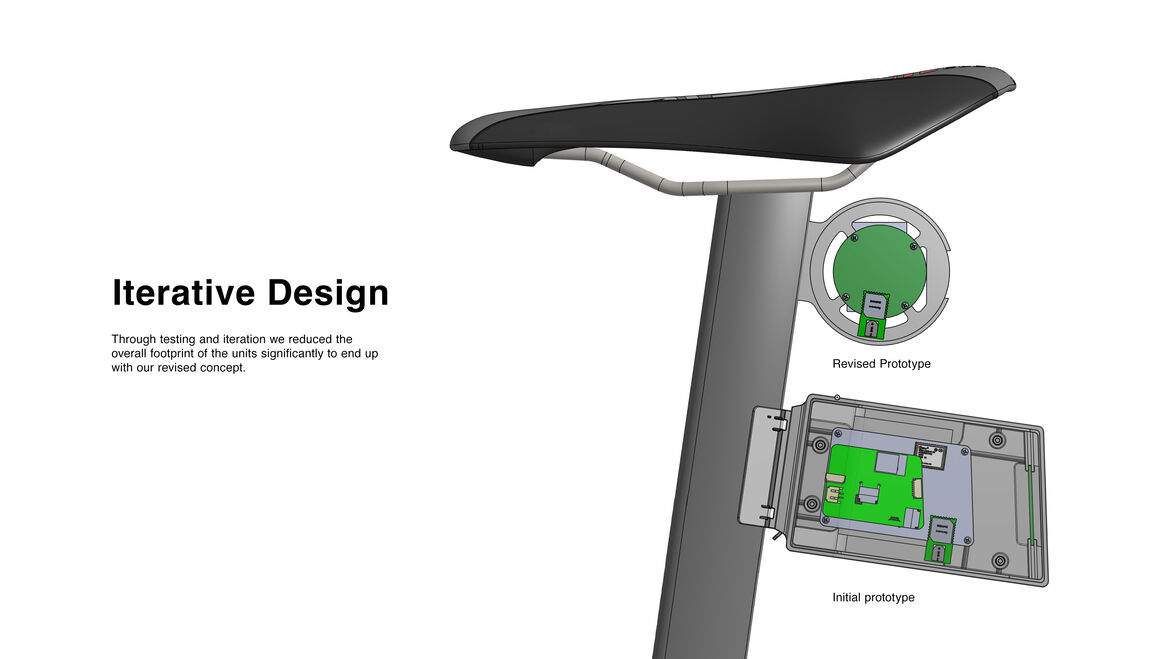
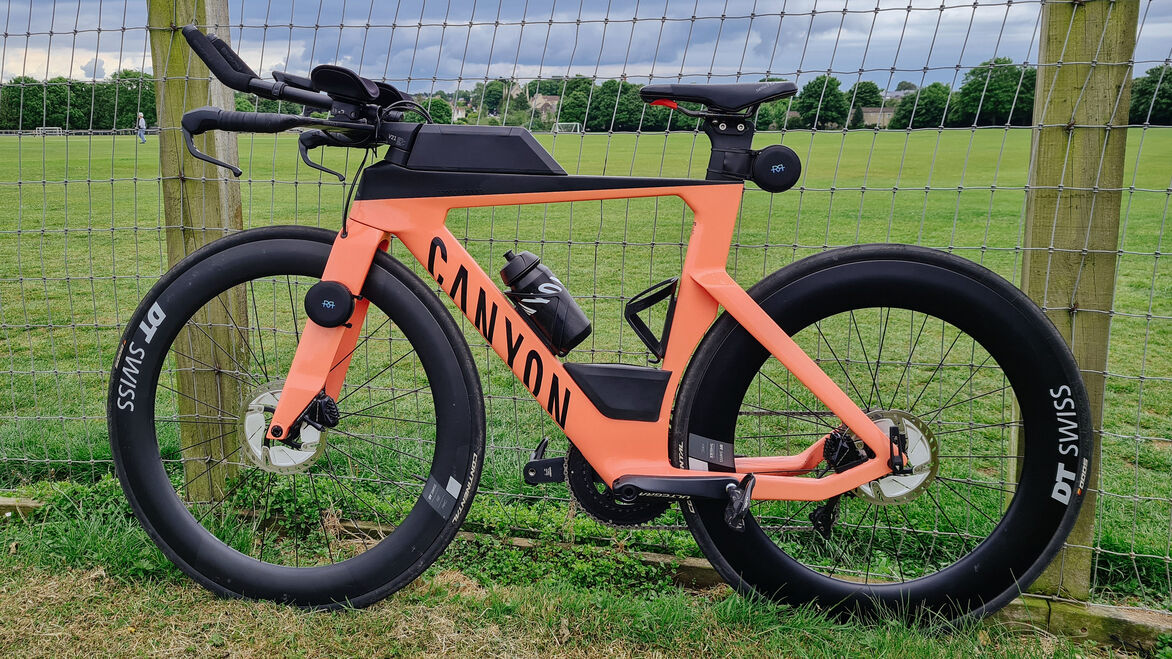
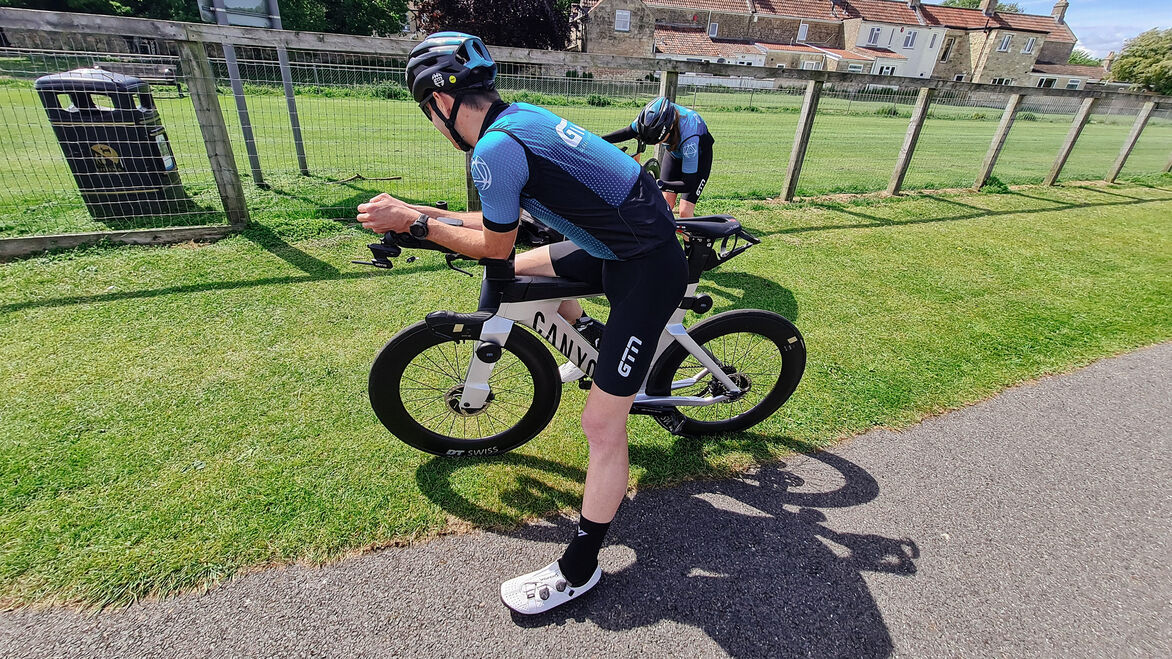
Description:
Race Ranger is a product service aimed at cycling events to eliminate the potential for drafting and improve fair outcomes at professional level bike racing events.
The Race Ranger service is supplied in the same way as race timing companies deliver timing services to big events. The events are variable, ranging from pure cycling events, triathlons, Ironman, and beyond. The adaptability of the system allows it to be applied to many variations of events.
Each athlete at an event is given 2 devices to fit to their bike before a race. They are attached in a non-destructive way and have minimal effect on rider performance.
The devices take away the guess-work around the drafting distance for athletes and referees. A rider is shown a light indication on the rear of the bike in front which changes colour as the distance between them changes, as well as a light on their own bike to notify them if they are in violation of the rules.
Its highly accurate, consistent, and reliable. 10cm accuracy or better, and up to 10x measurements per second. Race Ranger utilises advanced GPS, Bluetooth and other wireless systems to ensure accuracy. With the Race Ranger team being real world athletes, they know the system must work the first time, every time to be truly trusted by athletes and governing bodies.
Race Ranger gives referees visibility of drafting activity remotely. They view drafting data on a tablet app. Athletes will no longer know when they are being watched, which has a huge effect on dissuading riders from attempting to draft their opponents. Referees will no longer be limited by line of sight, Race Ranger eliminates guess work and evens the playing field for all.
Aerodynamics is a core focus of athletes in these events, thousands of dollars are spent on cutting edge bikes with advanced aerodynamic designs and anything to compromise this would be unacceptable. It was crucial that the design was as aerodynamic as possible to ensure buy-in from the athletes that would be the end-users of the devices. Buy-in from the athletes mean buy-in from the governing bodies.
Developing an aerodynamic design posed its own challenges, due to the number of components and size of the battery required to power the system for a sustained period. Our resulting concept minimises the size and ensures a minimal aerodynamic impact to the riders performance.
Race ranger has been tested both in New Zealand and overseas to great reception. The benefits to the sport are hard to deny and will ensure that the sport will be fairer for all participants.
The Race Ranger system is designed to improve fairness and even-competition between athletes. This innovation will help to holistically improve the sport and create better outcomes for all athletes and participants.